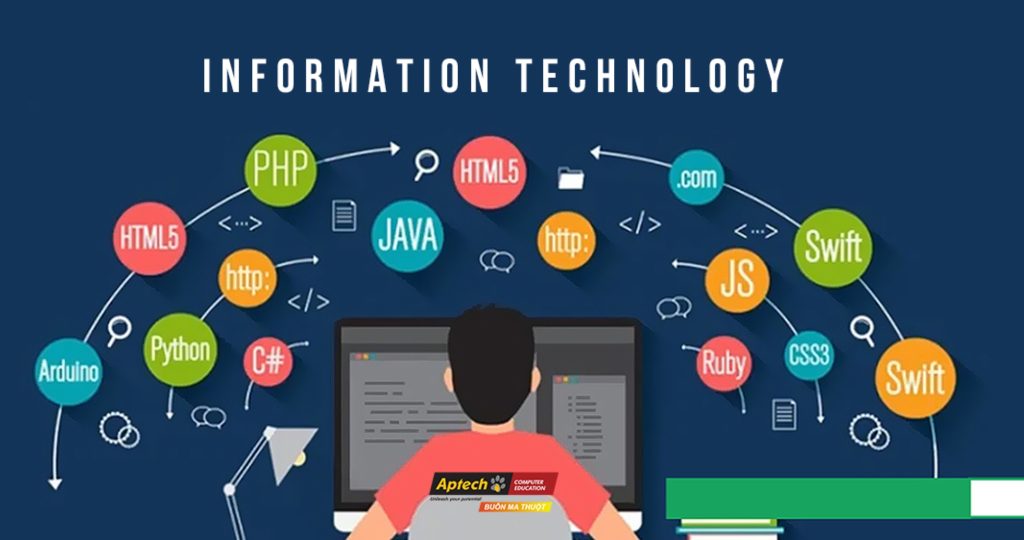Technology has become an indispensable part of our lives today. From connecting people around the world to creating effective solutions in work and entertainment, technology has changed everything. In this article, we will explore how technology is transforming the world and bringing both opportunities and challenges for the future.

2. Artificial Intelligence (AI) and the Future Technology of Work
- Artificial Intelligence (AI) is one of the fastest-growing fields of technology today. AI goes beyond simply simulating human activities; it helps computer systems learn and improve their capabilities by processing large amounts of data (big data). AI is being applied across various industries, from healthcare and education to customer service.
- In healthcare, AI is assisting doctors in diagnosing diseases more quickly and accurately, from analyzing medical images to predicting potential health risks. AI systems are also helping companies automate tasks, from sales to customer service, thereby saving time and reducing costs. This technological advancement is transforming industries and shaping the future of work, offering both opportunities and challenges in the workforce.
4. Automation and Robotics: How Technology is Changing the Manufacturing Industry
- Automation technology and robots have transformed the way we produce goods. Robotic machines not only work more efficiently but also minimize human errors in repetitive tasks. In factories, robots help increase productivity, reduce costs, and improve product quality.
- The integration of AI into robotics has allowed machines to take on more complex tasks, such as quality control, predictive maintenance, and even packaging. Robots are now able to “learn” from their environment and adapt to changes in production lines, making them more flexible and versatile than ever before. The automotive industry, for instance, uses robotic arms to assemble cars with precision, reducing human error and improving safety.
- Additionally, 3D printing technology is another advancement in manufacturing. 3D printing allows for the creation of products from digital models, helping to save time and reduce material waste. This technology is being applied in various industries, from automotive manufacturing to pharmaceuticals. In the medical field, for example, 3D printing is used to create prosthetics and implants tailored to individual patients, enhancing patient care and reducing costs.
- The adoption of automation and robotics also brings challenges, particularly in terms of employment. While these technologies improve efficiency, they may lead to job displacement for workers in manual labor roles. Therefore, industries must focus on reskilling and upskilling their workforce to ensure that workers can transition into new roles created by technological advancements.
5. Artificial Intelligence (AI) and the Future of Work
- Artificial Intelligence (AI) is one of the fastest-growing fields of technology today. AI does more than just simulate human activities; it enables computer systems to learn and enhance their capabilities by processing vast amounts of data (big data). AI is being integrated into various sectors, including healthcare, education, and customer service.
- In healthcare, AI is significantly improving the speed and accuracy of disease diagnosis. It aids doctors in tasks such as analyzing medical images and predicting potential health risks. Moreover, AI systems are streamlining operations in various industries by automating tasks such as sales, customer service, and administrative functions, thereby reducing time and operational costs. These advancements are not only revolutionizing industries but also reshaping the future of work, creating both new opportunities and challenges for the workforce.
- AI’s continued growth and integration will require a shift in how we approach jobs, with an increased focus on developing human-AI collaboration and equipping workers with the skills to adapt to an evolving technological landscape. Future workers will need to focus on roles that require creativity, emotional intelligence, and advanced problem-solving skills that complement AI’s capabilities.
Technology is a key factor in changing the world. From the Internet, AI, blockchain to automation, technology is having a profound impact on every aspect of life. As we move into the future, technology will continue to open up many opportunities and address the difficult challenges we face. However, to fully harness the potential of technology, we must confront the challenges and ensure that technology is used wisely and responsibly.

